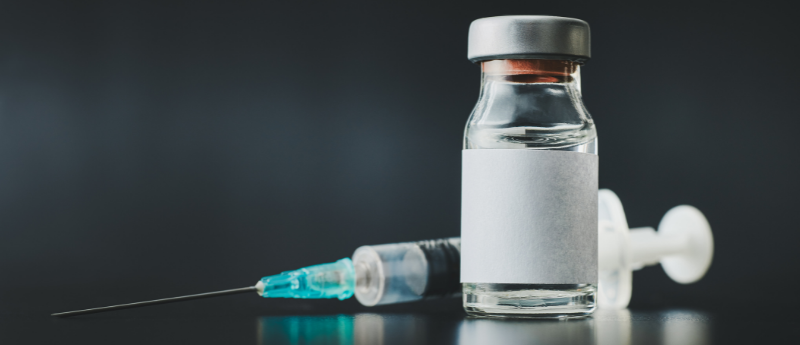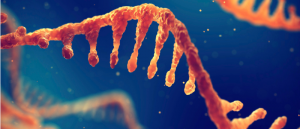Novel method could revolutionize RNA therapeutics

A novel method for producing high yields of pure RNA cost-effectively has been identified, a major advancement in the field of RNA therapeutics.
Researchers from the University of Massachusetts Amherst (MA, USA), led by Elvan Cavaç, have developed a novel process for making RNA that results in high yields of RNA that is purer and more cost-effective than any previous process could achieve. This new technique is a promising development for RNA therapeutics, which have the potential to treat a variety of diseases, from cancer to COVID-19.
RNA plays many vital roles within cells; however, the most significant role is acting as a messenger molecule that directs the synthesis of proteins. When this function is not carried out sufficiently, the body may not be able to make a protein that it needs, which can result in serious illness as is the case for cystic fibrosis.
One method for treating protein deficiencies is with therapeutics that replace the missing proteins, a common example of which is replacement insulin for people with diabetes. However, treatment is believed to be more effective when the body can make the protein itself; this is the goal of an emerging field of medicine – RNA therapeutics.
 A novel method of isothermal amplification for faster detection of nucleic acids
A novel method of isothermal amplification for faster detection of nucleic acids
A novel method for isothermal amplification of nucleic acids has been developed by researchers from Xuchang University (Xuchang, China). The method could be used for detection of pathogens.
The main obstacle blocking the path to next-generation RNA therapeutic drugs is producing large quantities of pure RNA in a way that is cost-effective. “We’ve developed a novel process for producing pure RNA, and since the process can reuse its ingredients, yielding anywhere between three and ten times more RNA than the conventional methods, it also saves time and cost,” explained lead author Elvan Cavaç.
Impure lab-made RNA can trigger harmful reactions, such as inflammation, which can be life-threatening. Current manufacturing of RNA includes a lengthy and expensive purification process. “Rather than having to purify RNA, we’ve figured out how to make clean RNA right from the start,” stated Craig Martin, the paper’s senior author.
The study, published in the Journal of Biological Chemistry, details the novel in vitro technique that generates high yields of pure RNA. The method involves carrying out transcription in high salt conditions, which inhibits the RNA product rebinding and therefore eliminates impurities. Promoter DNA and T7 RNA polymerase are ‘co-tethered’ to magnetic beads, which drives promoter binding and transcription initiation. “Our method can be more than ten times better at producing pure RNA than current processes,” commented Martin.
The researchers are now focussing on using this method to scale up the production of RNA. “The real goal here,” stated Martin, “is to have a ‘flow reactor,’ or a continuous pipeline into which you can slowly feed the ingredients and have pure RNA continuously come out the other end.”